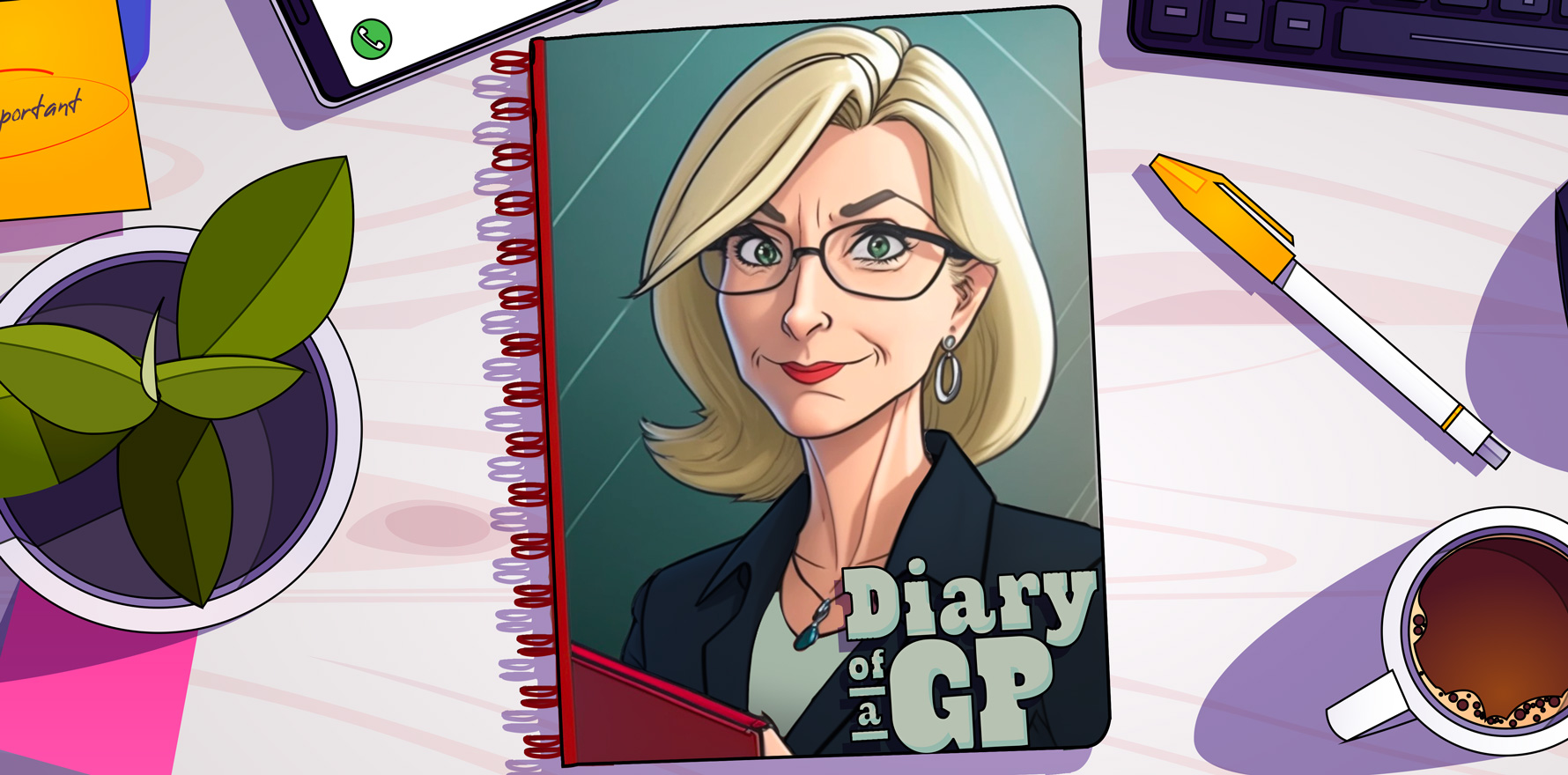Is it our job to protect vulnerable patients from those who might take advantage?
Patient care is such a broad term, especially general practice patient care.
It’s sometimes hard to know at what point our responsibility ends. Sometimes, especially with some of the more vulnerable patients, I find the boundaries get a bit blurred.
Take my dear old patient, Mary*, who is 93.
Mary’s been my patient for the best part of a decade – from back when her very demented, but still charming husband Peter was still alive. Mary and Peter had no children and no extended family.
Even when I first met them, they had home help. There were various carers who particularly helped with Peter. I met a few of these carers and they all seemed very nice, including one, an older man called Alex.
As the years passed so did Peter, leaving poor Mary very much alone. Mary has always been a little frail but used to be very sharp-witted with a quirky sense of humour. She used to come and see me every few weeks, brought by a carer (often Alex) but with time, post-Peter, you could see her mind as well as her body slowly diminishing. Despite a couple of falls and recommendations she move into care, Mary wanted to stay put and her home services increased. I saw her very infrequently.
So … a few weeks back I got a letter from Mary’s solicitor. Apparently Mary wanted to change her will – and she wanted to change her power of attorney from the solicitor to … Alex.
The letter was to ask me to confirm she had capacity to make these changes, but I’ve never had that level of detail in a solicitor’s letter, so I rang the solicitor. Sure enough, he was concerned. Alex had brought Mary to the solicitor’s office. As well as wanting him to have power of attorney, she wanted changes to her will including that, on her death, a significant proportion of her assets go to him. The solicitor was in a bind because he’s the current power of attorney.
I then received a text from Alex asking whether I was able to complete the forms for the solicitor, or did I need to see Mary face to face? Definitely face to face.
The next week Mary appeared at the surgery, brought in by Alex who waited outside the building. Her hair and nails were dirty, her top was stained and she had lost more weight. We chatted and she knew that I needed to do a “memory test” on her.
I did a full Addenbrooke’s and the result was woeful.
I asked her about the legal changes she wanted to make. In particular, why did she want to change power of attorney? Yes, she confirmed that was what she wanted, and Alex could do so much for her if he had power of attorney. I asked, what sort of things? She couldn’t say.
She added that Alex used to be a teacher in his home country and had the most beautiful handwriting when he wrote out the cheques for her to sign …
Now the alarms were really going off.
What would you do? Wouldn’t you feel obliged to do … something? I don’t care who Mary leaves her assets to but why the power of attorney? It might be perfectly legit, but what if it’s not? Mary could be in a nursing home and her house sold in months.
Courtesy of the Addenbrooke’s, there is a strong case for a dementia diagnosis. But a dementia diagnosis doesn’t necessarily mean she doesn’t have capacity to change her will or power of attorney (tricky but true – I checked).
I knew this was a big call and I didn’t want to be the only person making it, so I explained this all to Mary and suggested she see a geriatrician. Yep – I passed the buck. Importantly the appointment with the geriatrician is a few months away, so I also bought some time.
So that’s is the point where I could’ve left it. And maybe I should’ve left it.
But, rightly or wrongly, I couldn’t.
I rang the home care agency to tell them what was happening and register my concern about Alex. I did not accuse Alex of anything – realistically it could all have been initiated by Mary. I just stated what had happened and said I was concerned.
I also told them I assumed they had a protocol to investigate these issues. Surely this type of thing must happen frequently. Surely.
That was a few weeks ago and I haven’t heard another thing from the agency, Alex or the solicitor.
Maybe nothing came from any of it. Or maybe Alex is slashing my car tyres as I type.
Last week I did a house call on Mary. She was in her lounge chair watching telly – all alone. A carer had been that morning, but not Alex, in fact she hadn’t seen Alex for a few weeks.
On the fridge was her schedule of carers for the coming week. There it was. For several shifts the name Alex had been crossed out – replaced by another carer’s name.
So, what do you think? Did I overstep the mark?
One of my greatest concerns was that I might end up separating Mary from someone she genuinely cared for. And I think I may have done that. My only comfort is that dementia is kind to that type of sadness – and Mary did not appear distressed – and her hair and nails were clean.
* All names have been changed.


